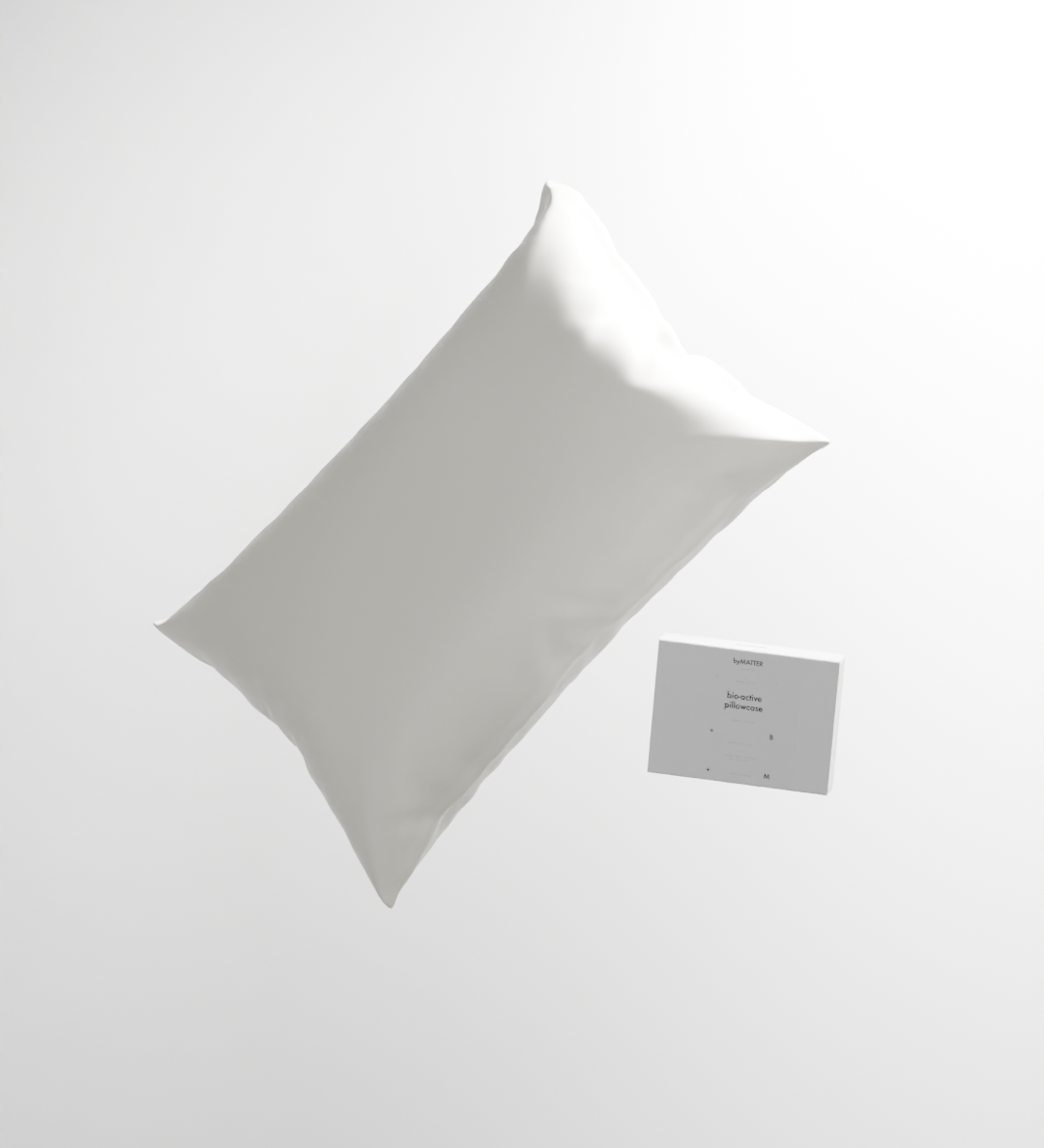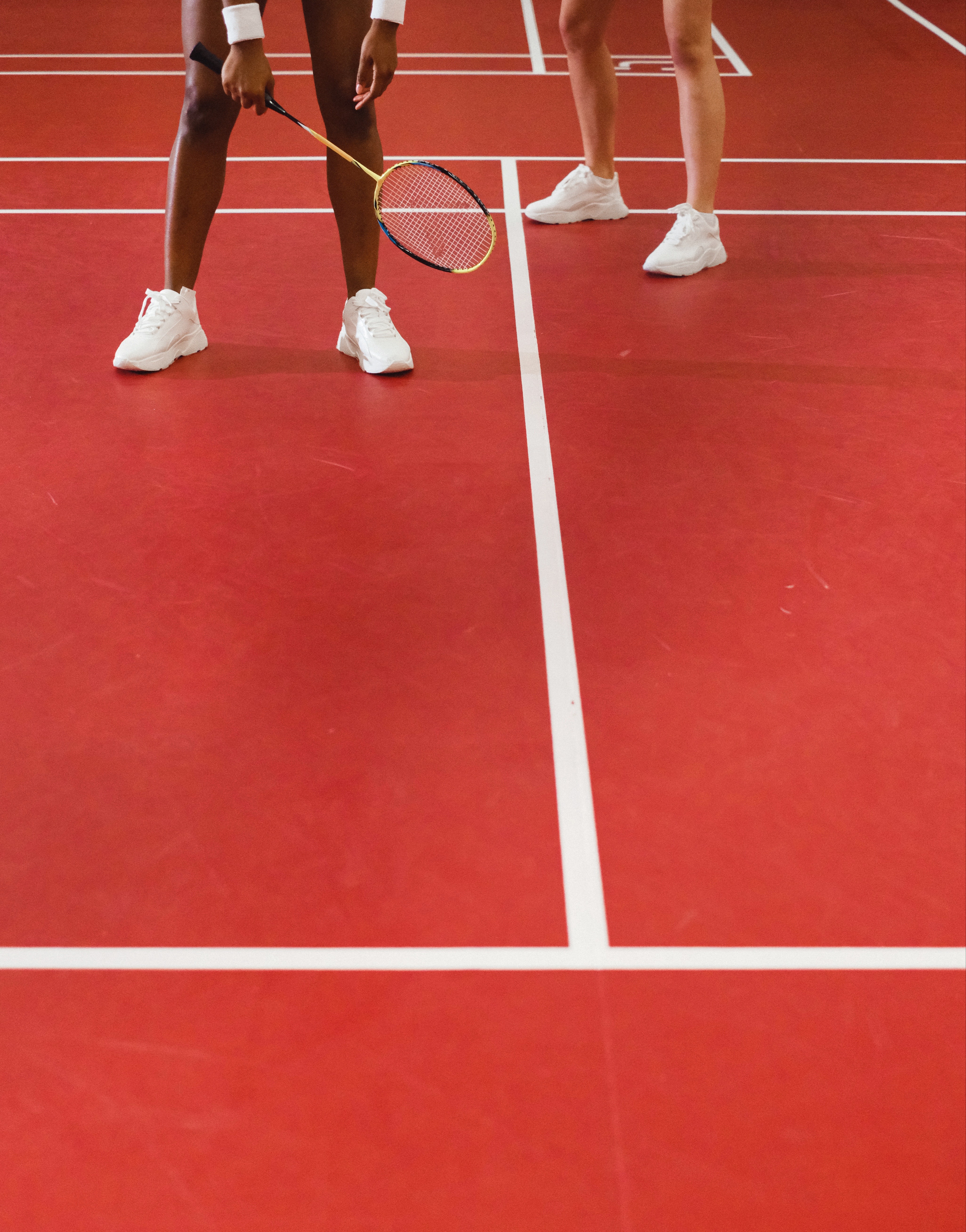25 : 11 : 22 : Weekly Debrief
This week: Ships repurposed for space launches, bio-active bedding, AI art, Wimbledon relaxes female dress-code, and Gen Z going all in for the Metaverse.
25 November 2022
Author: The Future Laboratory
Image: Unsupervised by Refik Anadol at The Museum of Modern Art, US
Share
𝕏
1. Space Perspective will launch into space using repurposed ships
US – Space Perspective has reached a new milestone to make space travel exploration a reality with the acquisition of a ship to be converted into the world’s first marine spaceport.
With plans to start flying people to space in 2024, the luxury space travel company needed a launch pad for its spacecraft. To that end, Space Perspective acquired the MS Voyager ship, a 292-feet long vessel to be repurposed as a movable launchpad for its space balloons.
Although it may seem like a complication, marine spaceports create ideal launch conditions as they can navigate to areas of good weather, enabling year-round operations. In addition, Space Perspective is upgrading the ship to use biofuel and reducing its carbon footprint. ‘Removing geographic borders for launch and landing accelerates our mission of making this transformative experience accessible to the international marketplace – safely, reliably and with minimal impact,’ says Jane Poynter, the company’s founder and co-CEO.
The new development of this future-facing project signals that the concept of ‘air-scapism’ – whether it is space exploration or lower-altitude Airborne Stays – is under way.
2. byMATTER optimises skin health during sleep
UK – Bio-positive homecare brand byMATTER is expanding beyond cleaning products with the launch of a new bio-active bedding range.
Designed to optimise skin health during sleep, the pillowcase is made from a patented fabric technology, Seacell, containing seaweed and enriched with a collagen treatment. As our body temperature rises throughout the night there is an increase in epidermal moisture, which creates the optimal environment for skin cell regeneration and nourishment. The bio-active properties present in the fabric enable an active exchange of amino acids, vitamins, minerals and antioxidants between the pillowcase and the skin. Even after multiple washes the performance of the fabric remains the same, further demonstrating the efficacy of the product.
While people spend an estimated one-third of their lives in bed, the conversation around sleep is still centred on rest optimisation, excluding all of the other elements that are involved with the ritual and the environment. byMATTER hopes to expand this view by offering products that fit comfortably into the home and our health routines.
 byMATTER, UK
byMATTER, UK
3. AI art enters the MoMa gallery space
US – The Museum of Modern Art (MoMA) in New York has unveiled three new digital artworks, one of which is a striking 24 feet by 24 feet digital display filling its lobby. On view until March 2023, the work, Unsupervised by Turkish artist Refik Anadol, uses AI to flow a constantly shifting display of forms, drawing on more than 200 years of art from the museum’s collection.
In 2021, Anadol created an online exhibition on art platform Feral File, for which he trained a machine learning model to interpret data from MoMA’s collection. For this installation at MoMA, Anadol has revised the artworks he made in 2021 to incorporate real-time input from the surrounding environment – changes in light, movement, volume and the weather – which, in turn, affect the continuously changing imagery.
‘This project reshapes the relationship between the physical and the virtual, the real and the unreal,’ says Michelle Kuo, the Marlene Hess curator of painting and sculpture at MoMA. ‘Often, AI is used to classify, process and generate realistic representations of the world. Anadol’s work, by contrast, is visionary: it explores dreams, hallucination and irrationality, posing an alternative understanding of modern art and of art-making itself.’ Read more about this in our upcoming AI creativity analysis and in our microtrend The Awe Economy.
 Photography by Shvets
Photography by Shvets
4. Wimbledon relaxes all-white clothing requirement for women
UK – From 2023, women tennis players competing at the UK's Wimbledon tennis tournament will enjoy more relaxed clothing rules, updated to alleviate anxieties that can stem from the obligation to wear white while menstruating.
Wimbledon is known for its strict policies and enduring tradition of all-white attire for players. But, following discussions with the World Tennis Association, clothing brands and medical teams, the tournament organisers agreed to update the rule in a bid to help women players feel more comfortable on the court when on their periods. The updated policy allows ‘solid, mid/dark-coloured undershorts provided they are no longer than their shorts or skirt’.
‘We are committed to supporting the players and listening to their feedback as to how they can perform at their best,’ says Sally Bolton, CEO of the All England Club. ‘It is our hope that this rule adjustment will help players focus purely on their performance by relieving a potential source of anxiety.’
Although a very small change, the policy update underlines how easy adjustments can positively affect wellbeing by removing an unnecessary source of stress for women. This comes as more sports are undergoing an inclusive and youth-fuelled makeover, with a bigger emphasis on self-expression and individuality.
.
5. Stat : Generation Z begin to prioritise metaverse style over real life
US – New research shows that young people are heavily invested in digital fashion: in the US, two in five members of Gen Z now say they care more about how they express themselves through style in the digital world than in the real world.
The 2022 Metaverse Fashion Trends report has been released by Roblox and Parsons School of Design alongside the launch of a digital fashion academic curriculum. Delving into the relationship between style, digital style and identity, the study revealed that 70% of Gen Z take real-life fashion inspiration from dressing their avatars.
‘This data further underscores why the next generation of designers and brands will become deeply immersed in digital fashion – designing digital collections and dressing avatars,’ adds Christina Wootton, vice-president of global partnerships at Roblox.
The report also stresses the importance of diverse customisation options for avatars, both in terms of inclusive representation and rich personalisation options. Almost three-quarters of 18–24-year-olds are willing to spend money on digital fashion, with more than one in four having invested £17–84 ($20–100, €19–97) on a single item – underpinning the vast potential for growth of the avatar apparel market as young people acquire greater spending power.
To future-proof your world, visit The Future Laboratory's forecasting platform LS:N Global for daily news, opinions, trends, sector specific insights, and strategic toolkits.
Want to read more?
Become a member today!
Sign up to one of our trends intelligence platform, LS:N Global and get unlimited access to a hive of insights - from microtrends and macro trends to market reports, daily news, research across eight industry sectors and much more.
Discover our memberships
Already a member? Click here to login
